Pope Francise appoints 13 new cardinals, warns them of corruption
Pope Francis has appointed several new cardinals, including the first African-American, to hold the high rank in the Catholic Church, while advising them against using their titles for corrupt, personal gains.
During a ceremony that was slimmed down due to the coronavirus pandemic, the pope appointed the cardinals on Saturday.
Only 10 guests per cardinal were allowed to attend the event in St. Peter’s Basilica.
Nine of the 13 new cardinals are under 80 and eligible under Church law to enter a secret conclave to choose the next pope from among themselves after Francis dies or resigns.
For the first time, the pontiff appointed cardinals from Brunei and Rwanda.
Cardinals from Brunei and the Philippines didn’t make it to Rome because of COVID-19 travel restrictions.
Among the newly installed cardinals is Wilton Gregory, the first African American to be appointed to the College of Cardinals.
He has served as archbishop of the Archdiocese of Washington, DC since May 2019.
Gregory, 72, said ahead of the ceremony that he viewed his appointment as “an affirmation of Black Catholics in the United States, the heritage of faith and fidelity that we represent.”
“With a very grateful and humble heart, I thank Pope Francis for this appointment which will allow me to work more closely with him in caring for Christ’s Church,” he said.
Immediately after the archbishops’ appointment, Pope Francis warned them not to use their titles for corrupt and personal gain.
“Let’s think of so many types of corruption in the life of the priesthood,” Francis said.
Francis has previously admitted that “corruption runs in cycles,” but claimed that he is determined to root it out in the Catholic Church.
“It [corruption] repeats itself,” he said last month. “Someone comes along who cleans things up but it starts again until someone else comes along to put an end to this degeneration.”
Francis fired Cardinal Angelo Becciu, a former top Vatican official, accusing him of embezzlement and nepotism, last month.
Becciu denied all wrongdoing, though.
Last year, corruption in the Church came to spotlight when an investigation in the US state of Pennsylvania found over 300 Catholic priests in that state had sexually abused at least 1,000 children over a 70-year period, crimes that were systematically covered up by bishops.
Similar patterns of abuse have since emerged at dioceses around the globe, undermining the Church’s moral authority and depleting its finances after it paid out billions of dollars in settlements.
IRGC: 10 foreign-backed terrorists killed, arrested in Sistan and Baluchestan
Iran calls on EU to end targeting ordinary Iranians after missile transfer claims refuted
UK police detain Jewish scholar Haim Bresheeth following pro-Palestine address
VIDEO | Iraqi resistance strikes key Israeli targets in occupied territories
VIDEO | Press TV's news headlines
Iranian satellites launched into space as private sector debuts in space industry
VIDEO | Iran, Azerbaijan conduct joint maritime rescue operations
VIDEO | Yemen’s Red Sea divide: Naval forces block Israeli-linked ships in strategic ‘parting of the water’


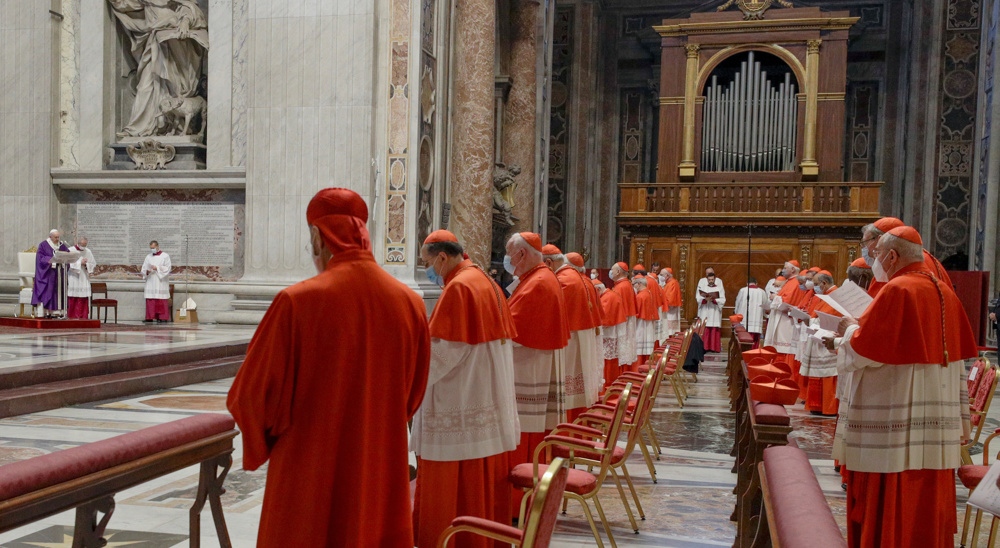

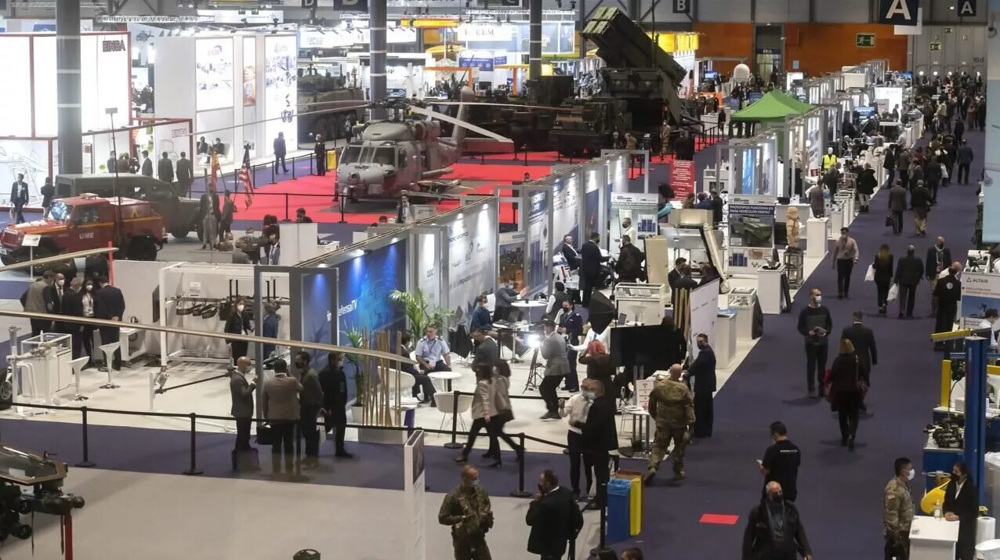
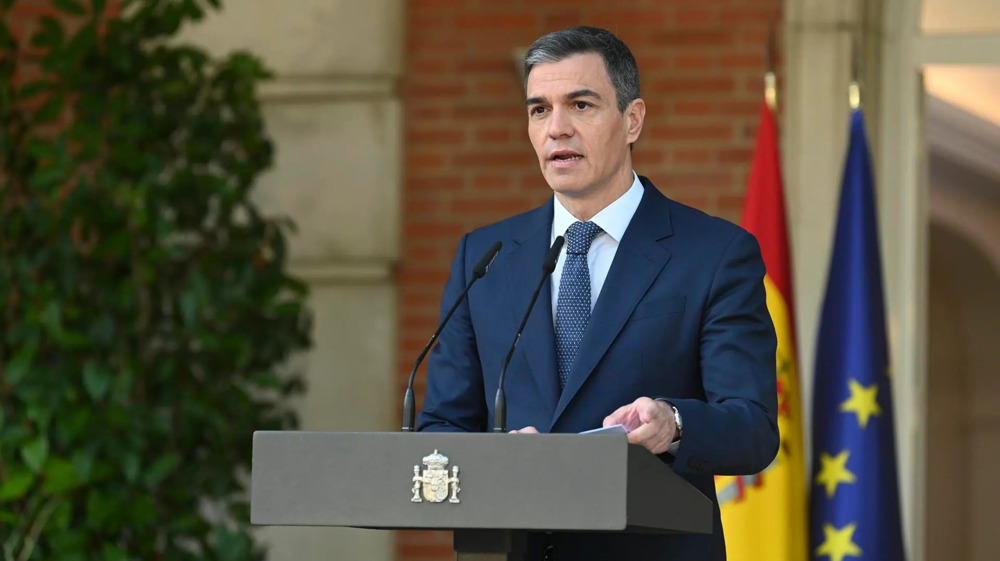
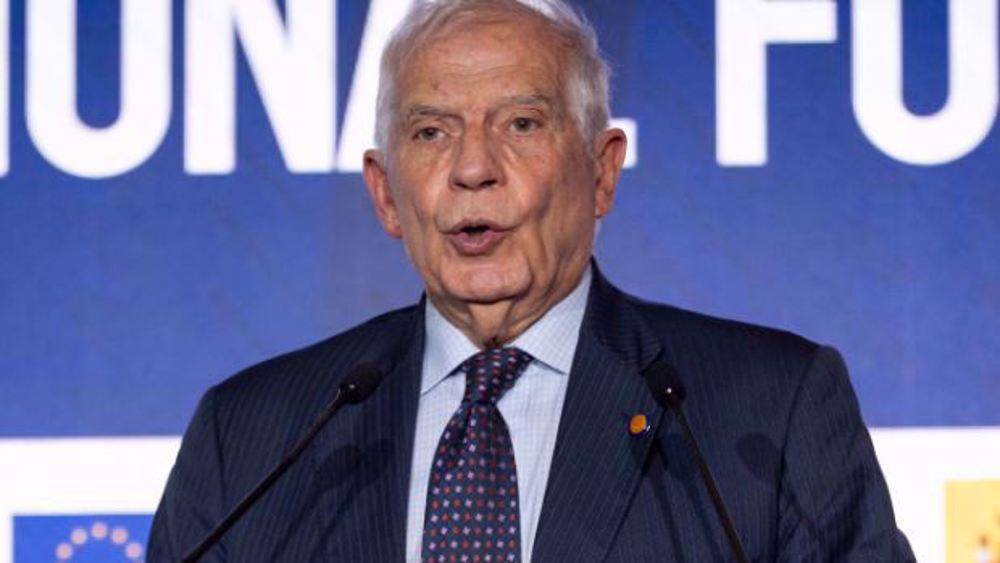




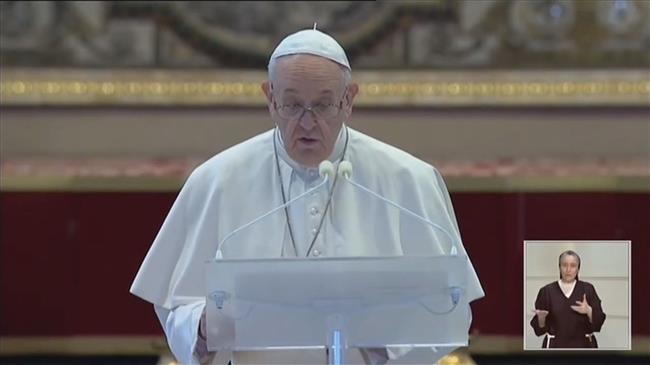

 This makes it easy to access the Press TV website
This makes it easy to access the Press TV website